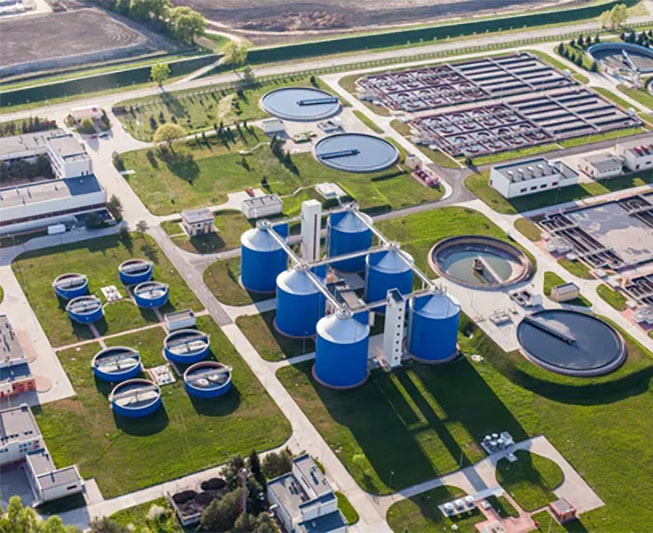- krofta@kroftaengineering.com
- Durga Bhavan A-68, FIEE Complex, Okhla Industrial Area Phase – II, N.D – 110 020
Sugar
How can we help
- Krofta can provide complete ETPs with anaerobic systems to generate bio-gas
- Primary treatment and sludge de-watering systems
- Maintenance and consulting services
SUGAR INDUSTRY
An Effluent Treatment Plant (ETP) is crucial in the sugar industry, as it plays a significant role in managing and treating the wastewater generated during various processes within the sugar manufacturing process. The sugar industry involves several stages that can result in the generation of large volumes of wastewater containing various pollutants. Here's why an ETP is important in the sugar industry:
Wastewater Composition: The sugar production process involves various steps such as cleaning, extraction, clarification, evaporation, crystallization, and drying. Each of these steps generates wastewater containing organic matter, suspended solids, chemicals, and sometimes even pathogens. If left untreated, these pollutants can have severe environmental and health impacts.

- Environmental Regulations: Most countries have strict environmental regulations in place to control the discharge of industrial effluents into water bodies. Untreated or inadequately treated sugar industry wastewater can contaminate rivers, lakes, and groundwater, leading to water pollution, harm to aquatic life, and damage to ecosystems. An ETP ensures that the effluent meets the regulatory standards before being released into the environment
- Water Resource Management: Water is a valuable resource, and its conservation is of utmost importance. By treating and recycling the wastewater generated during sugar production, an ETP can significantly reduce water consumption. Treated water can be reused within the plant for various non-process purposes, reducing the demand on freshwater sources.
- Community Health and Safety: Uncontrolled discharge of untreated wastewater from the sugar industry can pose risks to nearby communities by contaminating local water sources. This can lead to health issues, affect agriculture, and damage the overall well-being of the community. An ETP prevents such risks by ensuring that the effluent is safe before being released into the environment.
- Sustainable Practices: In today's environmentally conscious world, businesses are expected to adopt sustainable practices. Implementing an ETP demonstrates the sugar industry's commitment to minimizing its environmental impact and operating responsibly. It enhances the industry's reputation and contributes to its long-term sustainability.
- Resource Recovery: Some components present in the wastewater, such as organic matter, can be converted into biogas through anaerobic digestion. This biogas can be used as an energy source within the plant, reducing the reliance on external energy sources and lowering operational costs.
In conclusion, an Effluent Treatment Plant is essential in the sugar industry to effectively manage and treat the wastewater generated during the production process. By doing so, the industry can prevent water pollution, ensure compliance with regulations, conserve water resources, protect public health, and contribute to sustainable practices.

